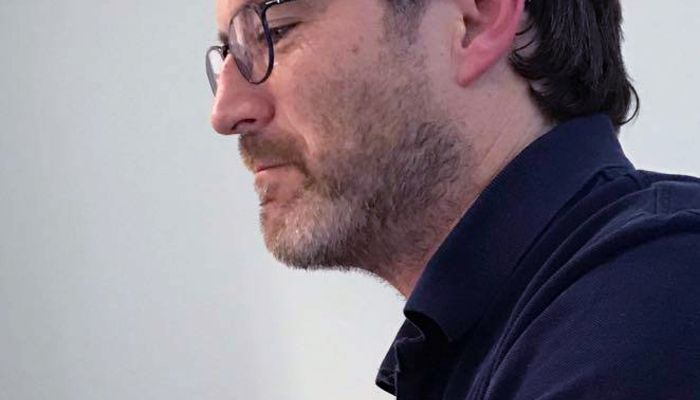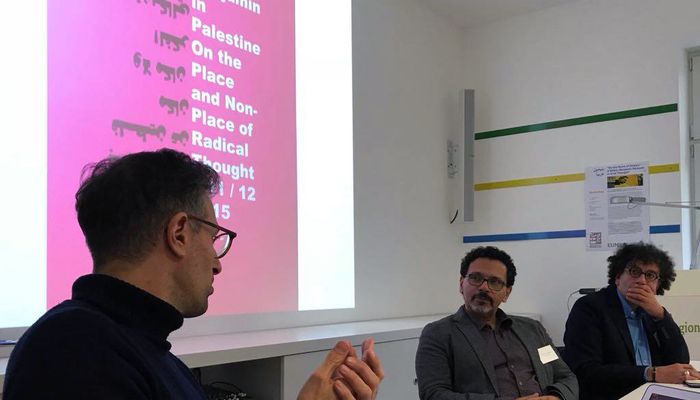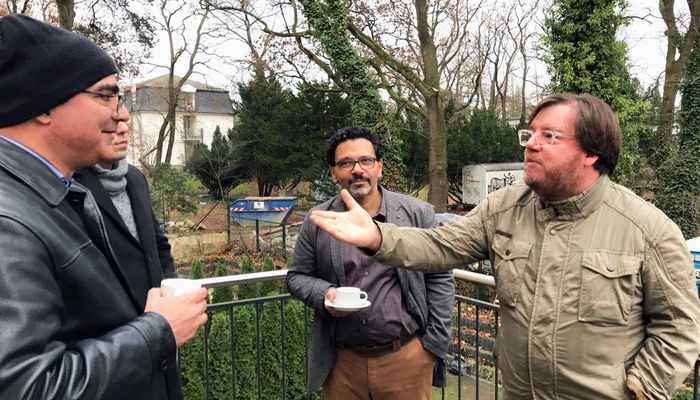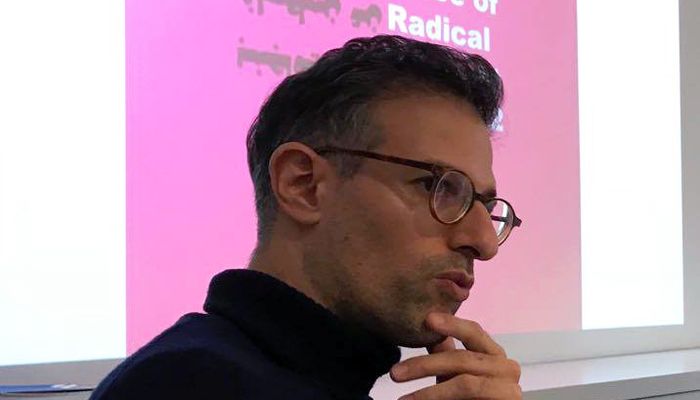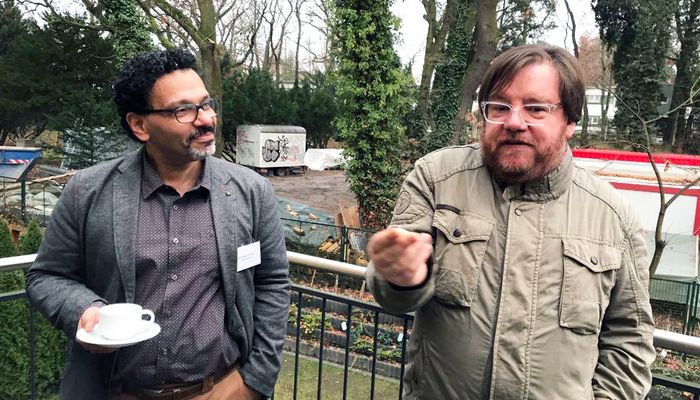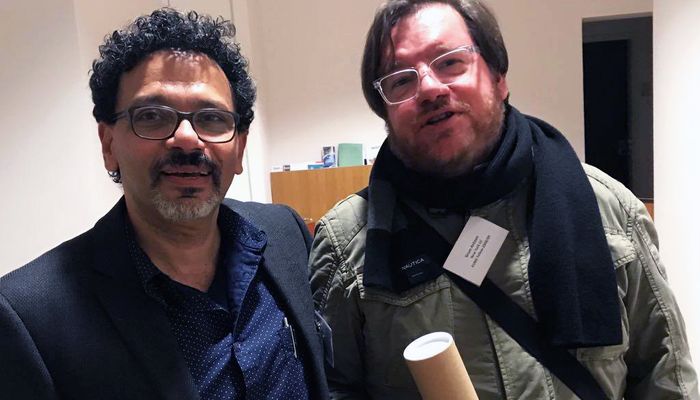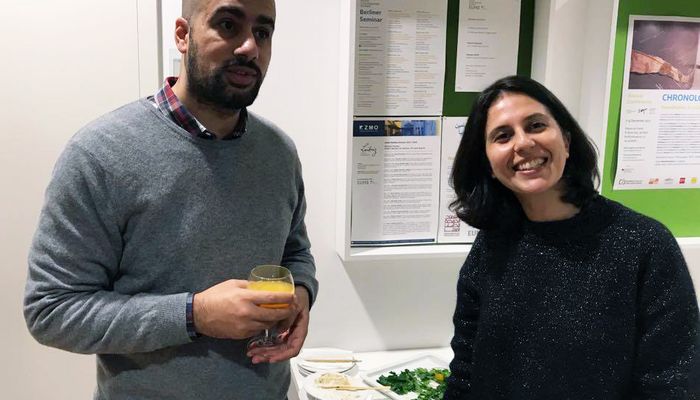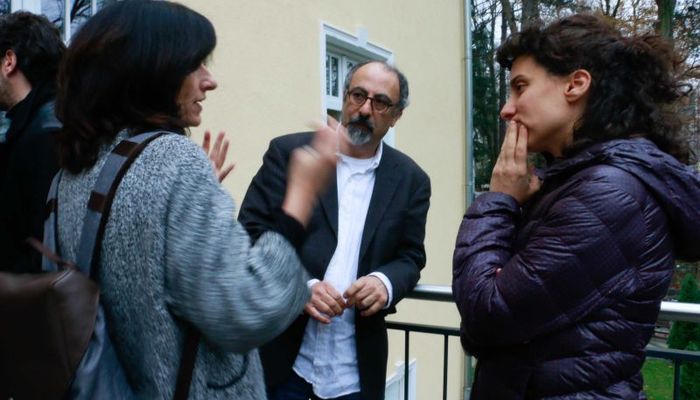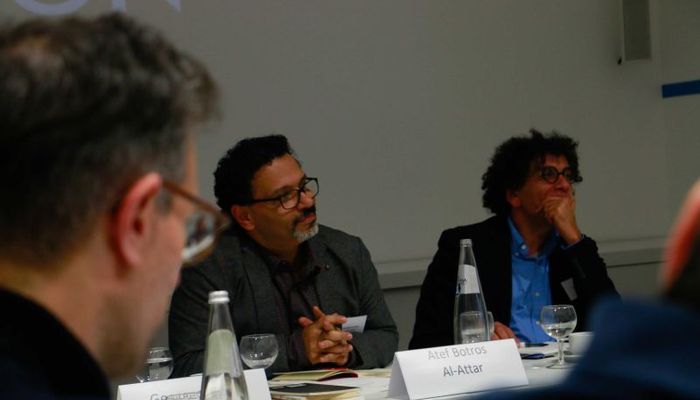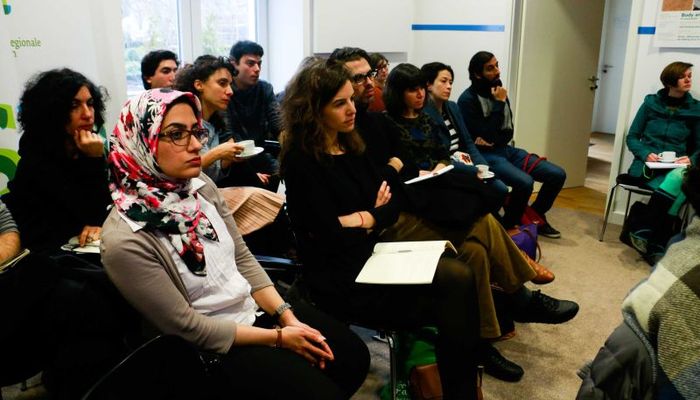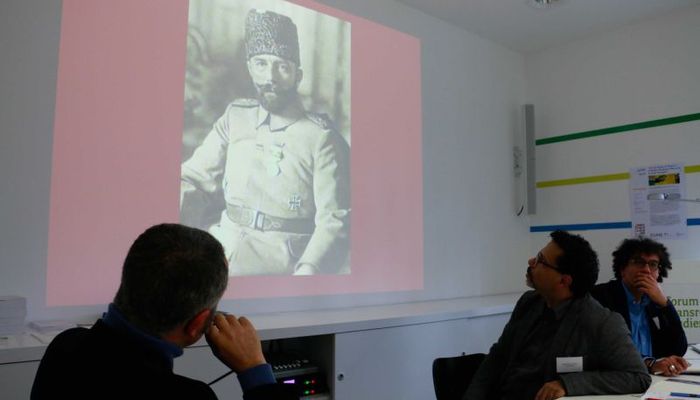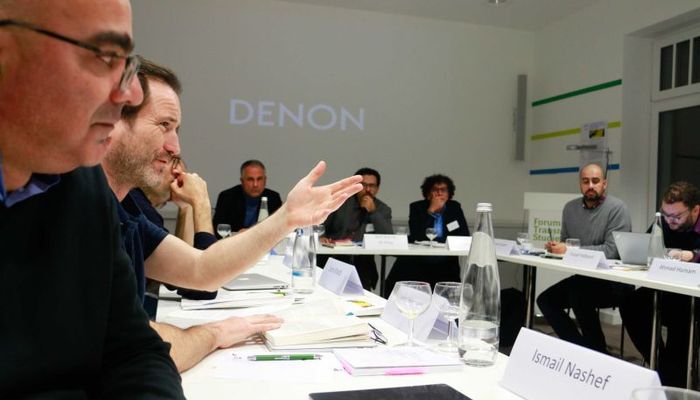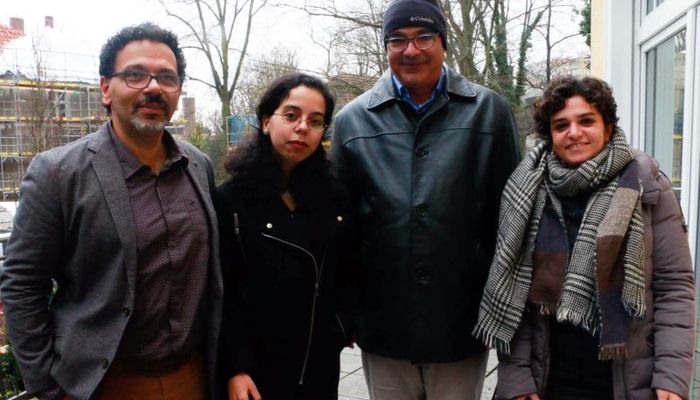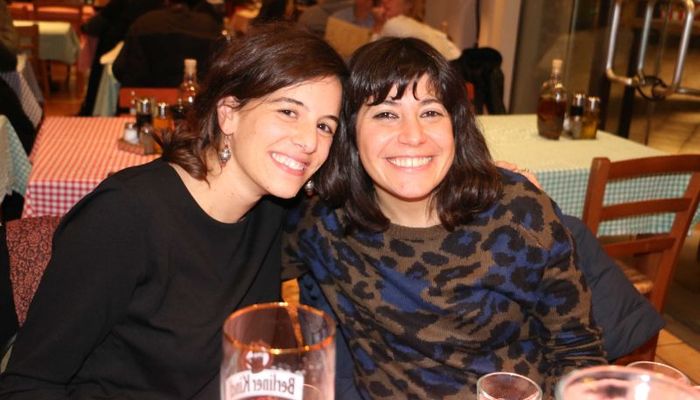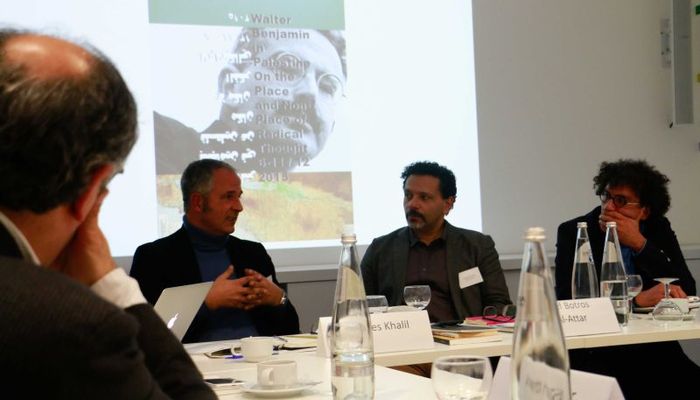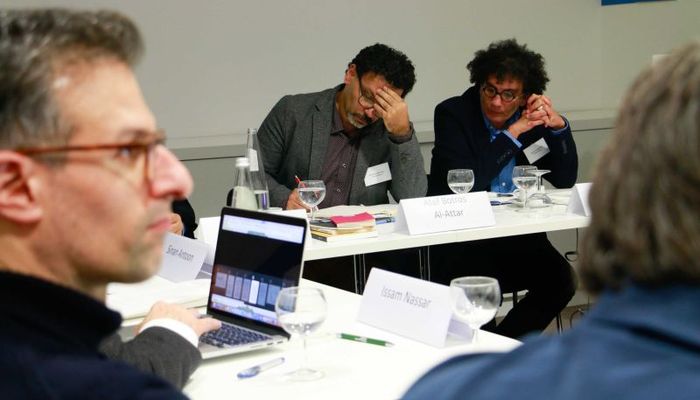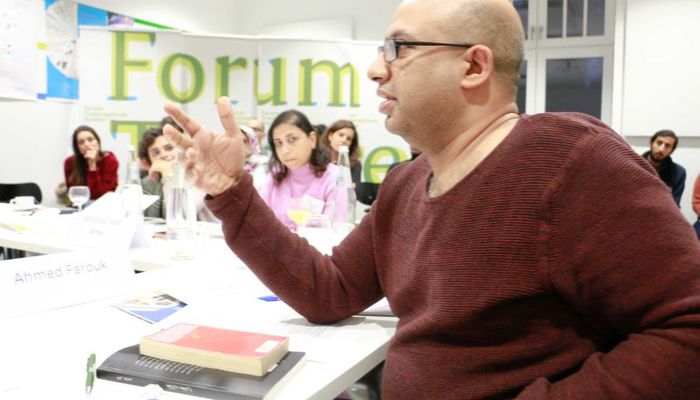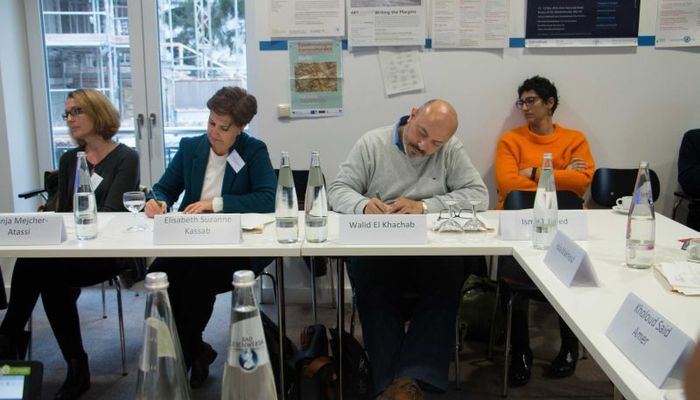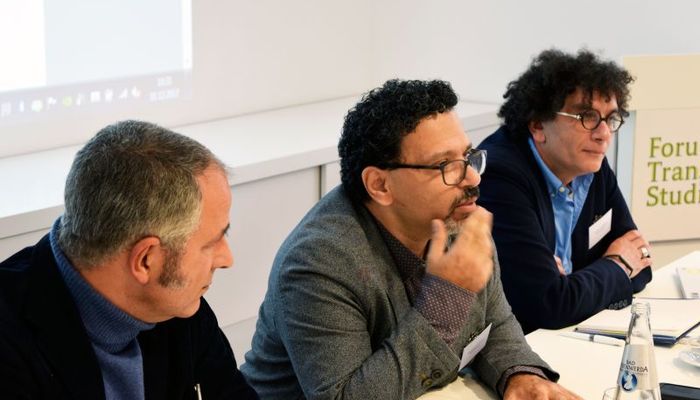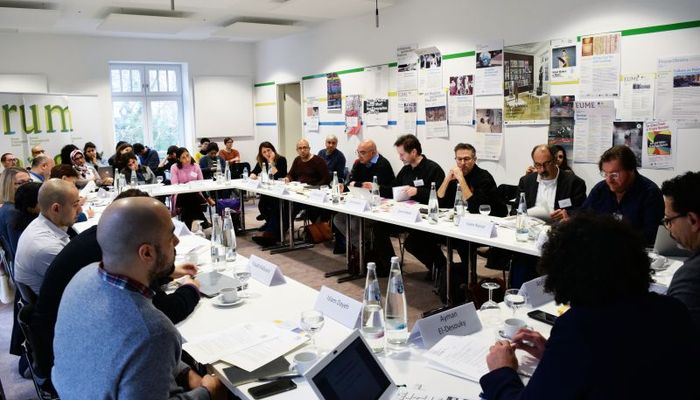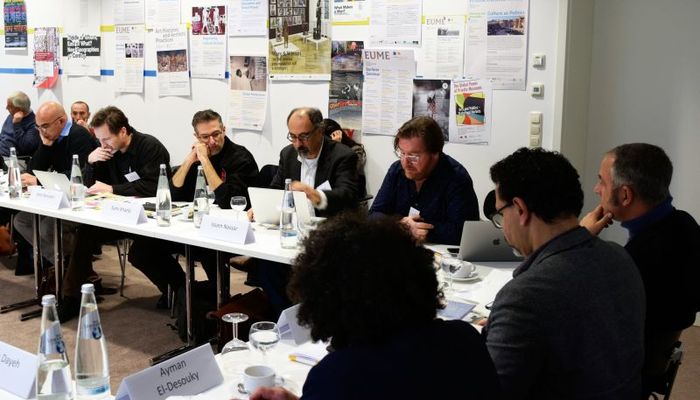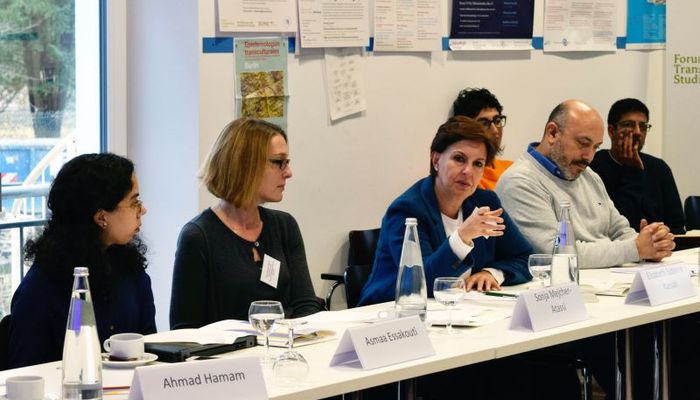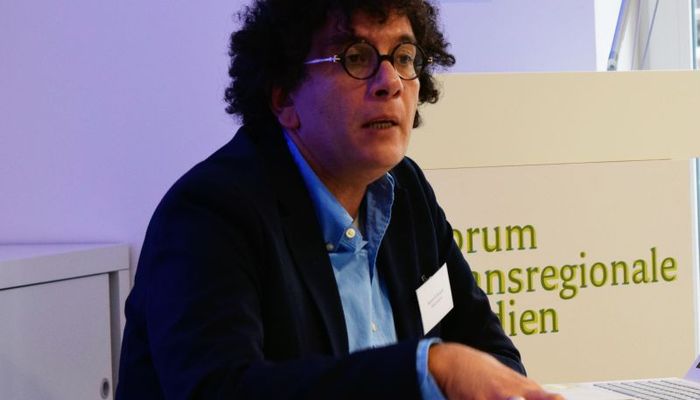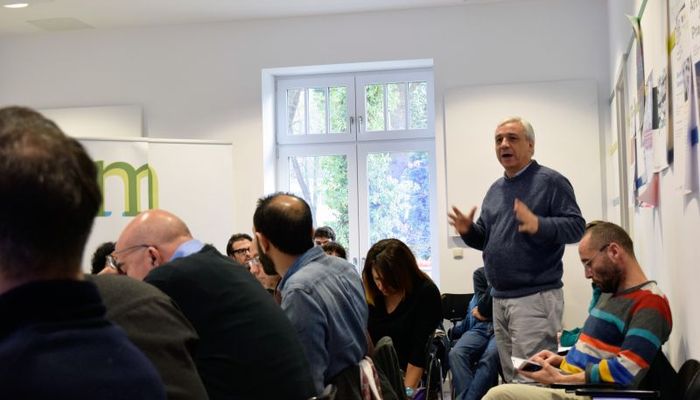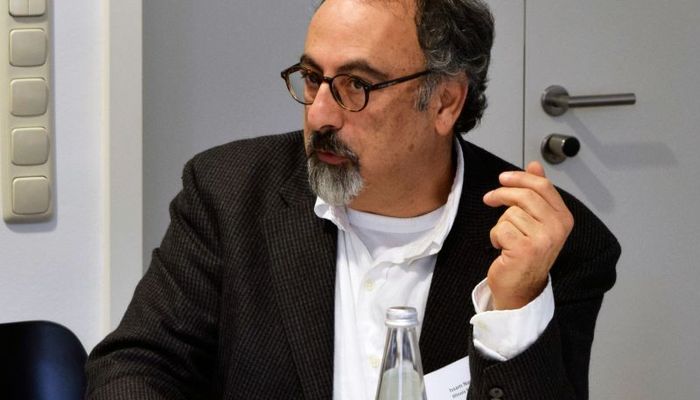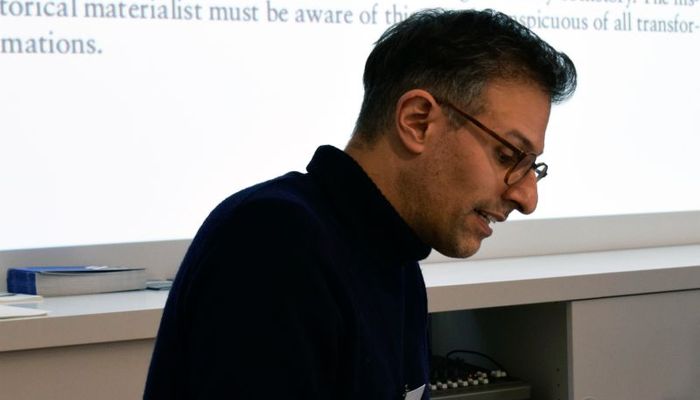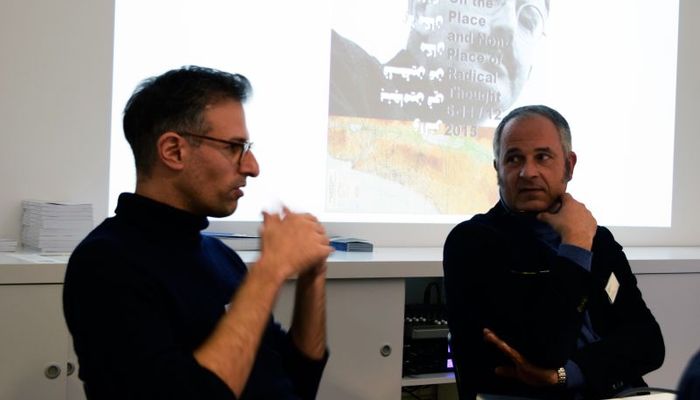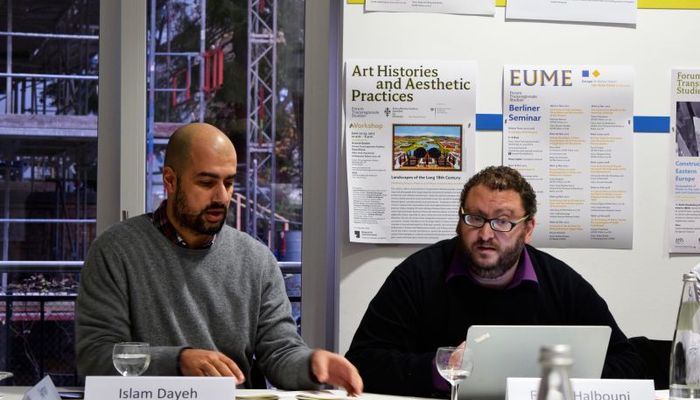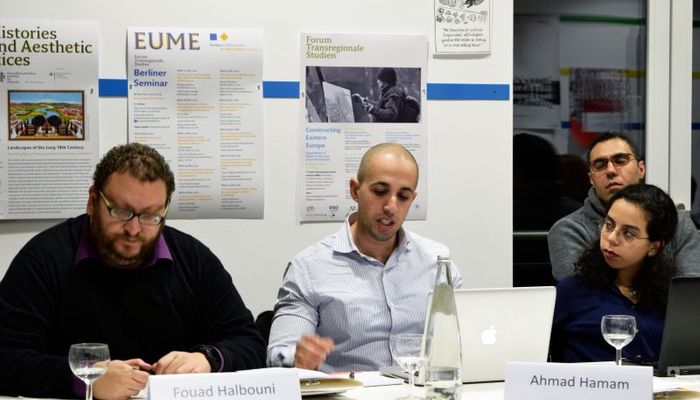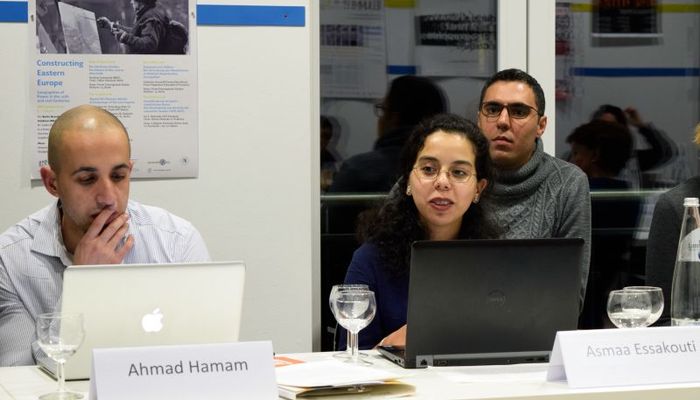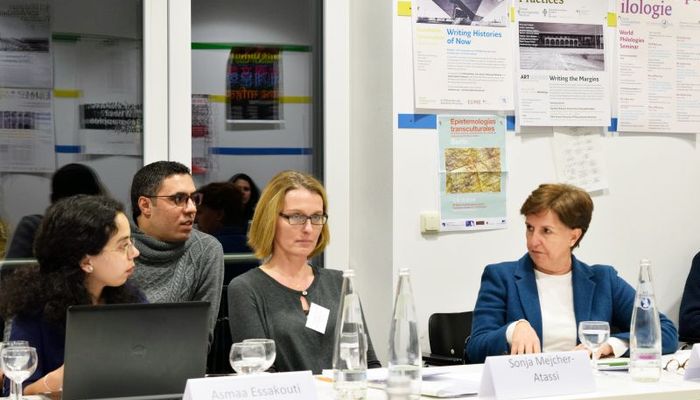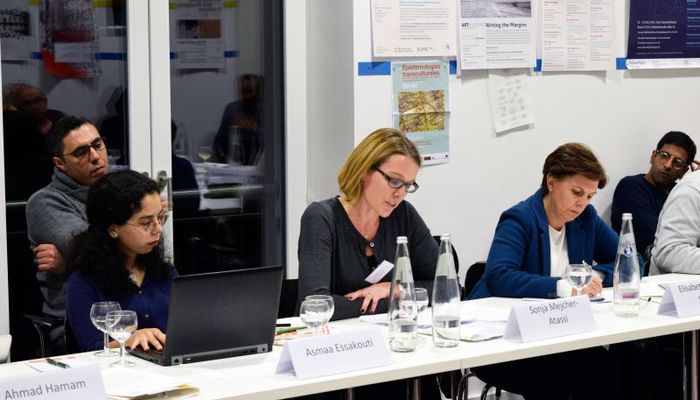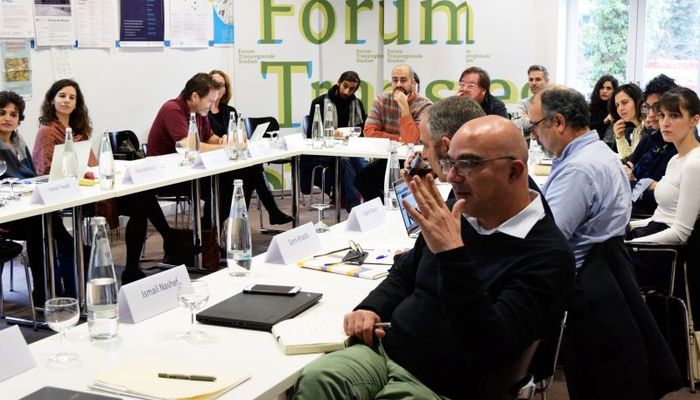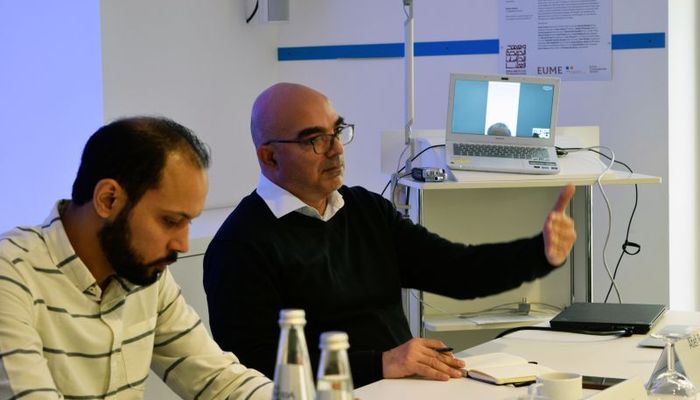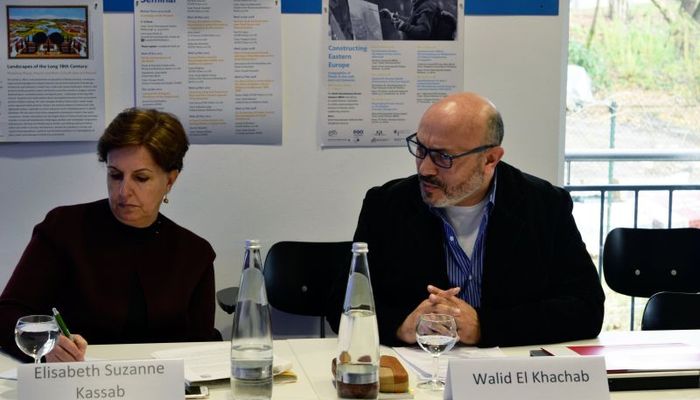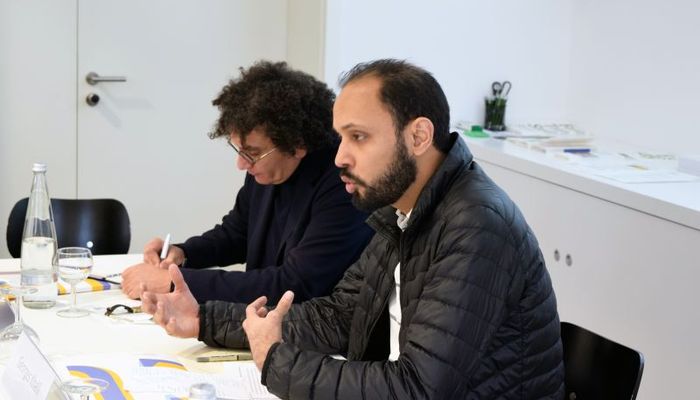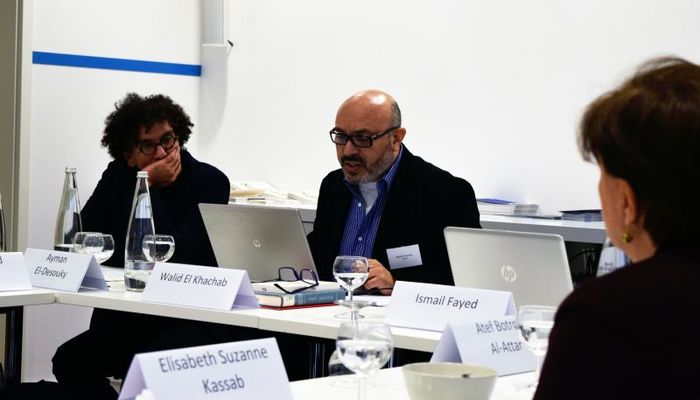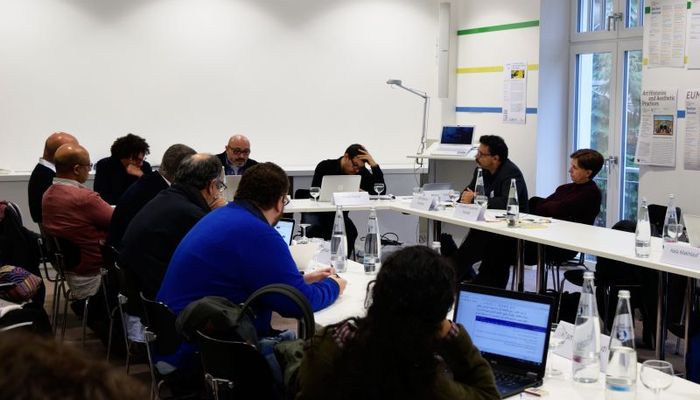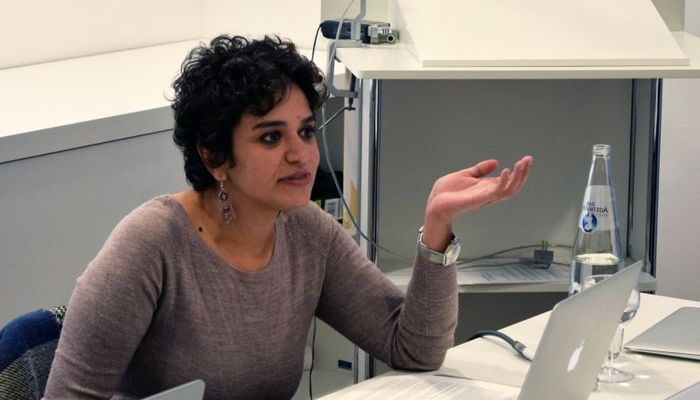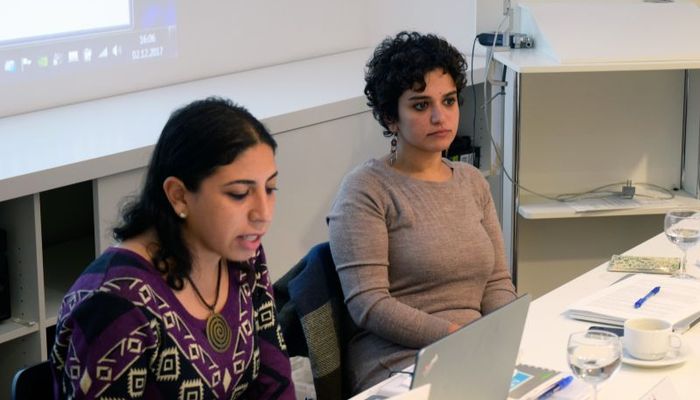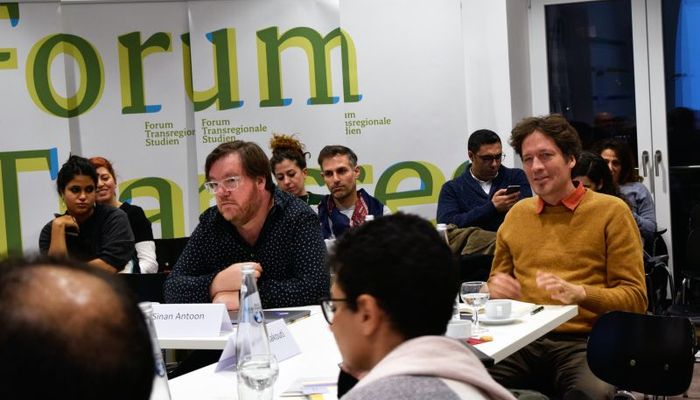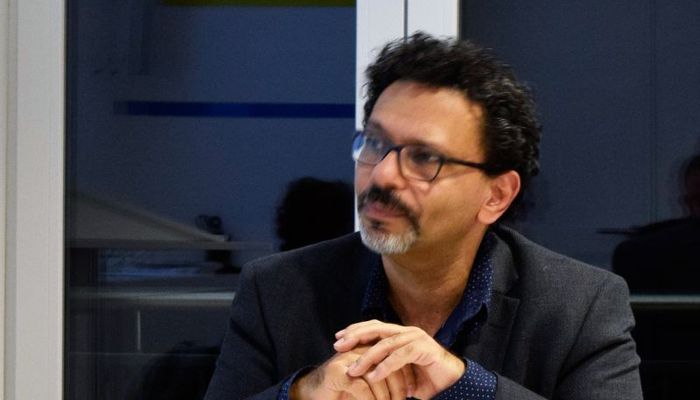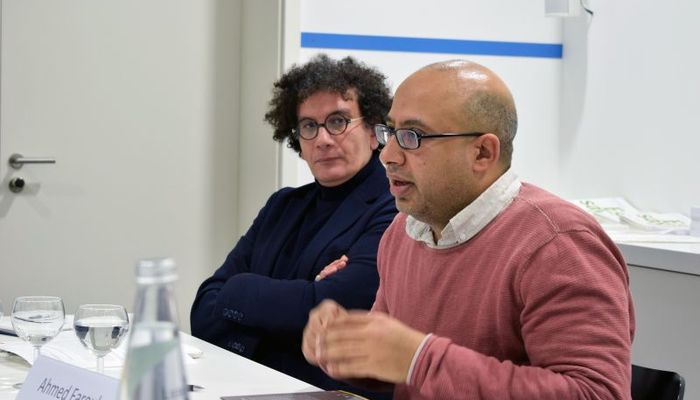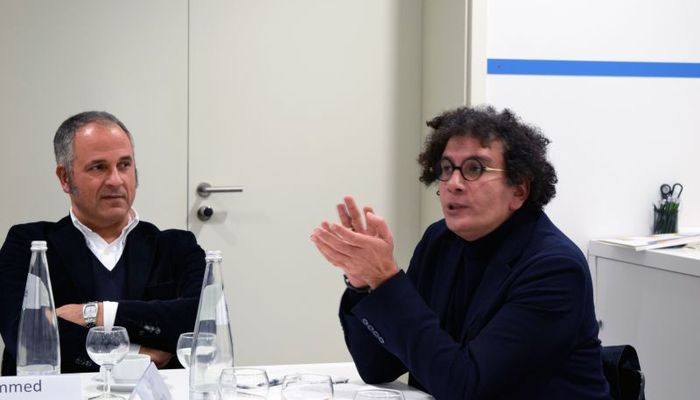This workshop explores the increasing attention to the work of German philosopher and critic Walter Benjamin (1892-1940) in Arab thought. Interest in Benjamin’s thought and work has been steadily on the rise among scholars, philosophers, and culture theorists and practitioners, but particularly intriguing synchronicities of intellectual and creative work began to take shape in the wake of the Arab uprisings of 2011. Dedicated workshops (notably between Ramallah, Cairo and Alexandria), and new translations directly from the German original work into Arabic, performances and creative adaptations among collectives and activists, narrative and poetic adaptations, etc. are among the activities that significantly expanded and transformed the interest in the Arab academy and among Arab intellectuals. This rise of interest in engaging with Benjamin’s thought on multiple sites and in different circles has gained such a momentum that it now warrants a reflective pause and a deeper look on the current conditions of the Arab world that draws our critical attention to a seminal thinker who died as refugee in exile.
Conceived as a reflective pause, the workshop will explore the contexts of the Arab cultural concern about Benjamin’s notions of ‘history’, ‘violence’, ‘law’, ‘language’, ‘time’, and ‘revolution’ among others. These meditations on life, history, and death in the “here-and-now” (“Jetztzeit”) of the post-revolutionary moment in the Middle East and North Africa and its diasporas disclose the ambivalent futures of memory, the reverberations of the disintegration of entire states and cultures, and the possibilities of critical thought and practice. Concerned with the translatability of conceptual language and thought, the workshop also approaches the memories of the future in contemporary Arab thought, art, and history through close readings of Benjamin’s writings.
Schedule
Friday, 01 December 2017
10:00-10:15 Introductory Remarks
Georges Khalil (EUME / Forum Transregionale Studien) & Ayman El-Desouky (Doha Institute for Graduate Studies)
10:15-10:45 The Benjamin Moment: Arab Contexts and Backgrounds
Atef Botros al-Attar (Doha Institute for Graduate Studies)
11:00-14:30 Session One: Benjamin in Palestine
Chair: Georges Khalil (EUME / Forum Transregionale Studien)
Sinan Antoon (New York University / EUME Fellow 2008/09): Before the Ruins: When Darwish Met Benjamin
Issam Nassar (Illinois State University): Benjamin’s Concept of the Aura of Photography: Reflections on Early Images of Palestine in European Photography
Sami Khatib (Leuphana Universität Lüneburg): The ‘Tradition of the Oppressed’ and its Discontents: Benjamin, Palestine, and the Non-Place of Radical Thought
Jens Hanssen (University of Toronto / EUME Fellow 2017/18): The Question of Secular Critique: Edward Said’s Unease with Walter Benjamin
14:30-15:30 Lunch Break
15:30-18:30 Session Two: History and Tradition
Chair: Islam Dayeh (Freie Universität Berlin)
Fouad Halbouni (John Hopkins University / Cairo): Of Grievance and History: Reading Coptic History as Tradition of the Oppressed
Ahmad Hamam (Georgetown U / Cairo): Cutting through Tradition
Asmaa Essakouti (Doha Institute for Graduate Studies): Walter Benjamin and Seeking an Alternative History of the Oppressed
Sonja Mejcher-Atassi (American University of Beirut / Fellow of the Wissenschaftskolleg zu Berlin 2017/18): Unpacking Sa’dallah Wannous’ Private Library: On the (After)Lives of Books
Saturday, 02 December 2017
10:00-12:30 Session Three: Ruins of History
Chair: Ayman El-Desouky (Doha Institute for Graduate Studies)
Ismail Nashef (Doha Institute for Graduate Studies): Ruins Replayed: Speer, Benjamin, and a Deferred Arab Action
Mohammed Ezzeldin (City University of New York / Cairo): Resisting Postcolonial Melancholia: Arwa Salih and the Post-1967 Generations in Egypt
Hamid Dabashi (Doha Institute for Graduate Studies / Columbia University): On Pure and Invisible Violence: Fanon as the Missing Link between Benjamin and Agamben
12:30-13:30 Lunch Break
13:30-16:30 Session Four: Revolution
Chair: Elisabeth Suzanne Kassab (Doha Institute for Graduate Studies)
Walid El Khachab (York University): Spectacle as Sole Signifier and Producer of Value: Benjamin, Debord and the Arab Spring
Ismail Fayed (Cairo): Jetztzeit and Grasping the Messianic Moment of the 2011 Uprisings
Hala Makhlouf (Cairo / London): Toward a Kairology of the Egyptian Revolution
Kholoud Said Amer (Alexandria): Benjamin and the City (Again): The Flaneur
16:30-17:00 Coffee Break
17:00-18:30 Session Five: Translating Benjamin
Chair: Atef Botros al-Attar (Doha Institute for Graduate Studies)
Ahmed Farouk (Berlin): Translating Walter Benjamin's Berliner Kindheit um 1900 into Arabic
Ayman El-Desouky (Doha Institute for Graduate Studies): Urvernehmen: On the Translatability of Originary Listening Beyond Naming
18:30-19:00 Final Discussion

